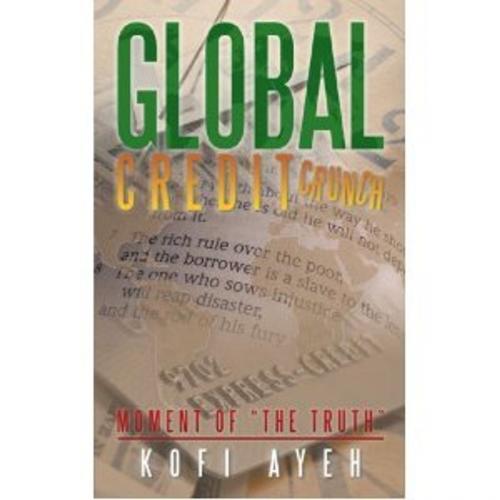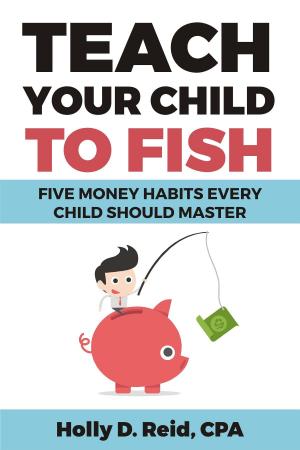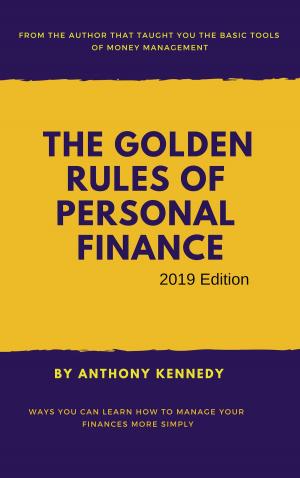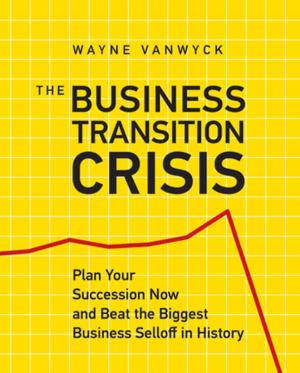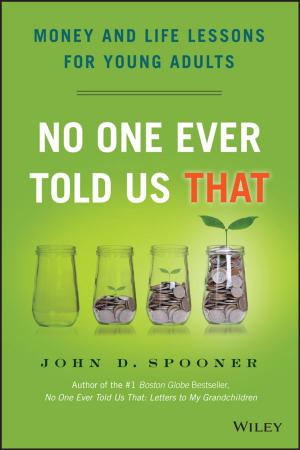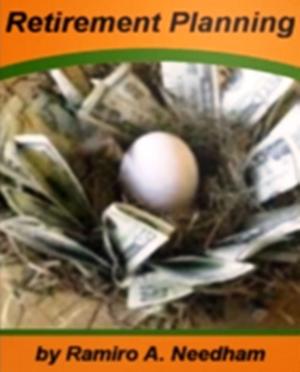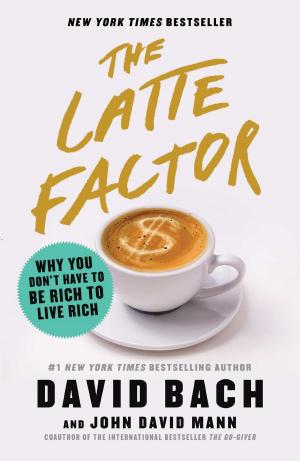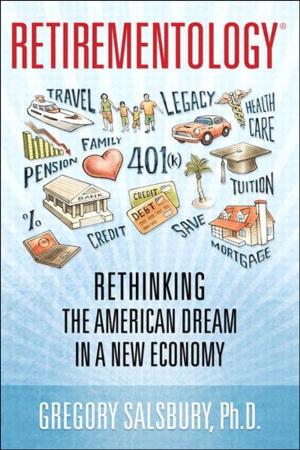| Author: | Kofi Ayeh | ISBN: | 9781476445793 |
| Publisher: | Kofi Ayeh | Publication: | April 11, 2012 |
| Imprint: | Smashwords Edition | Language: | English |
| Author: | Kofi Ayeh |
| ISBN: | 9781476445793 |
| Publisher: | Kofi Ayeh |
| Publication: | April 11, 2012 |
| Imprint: | Smashwords Edition |
| Language: | English |
Reputable and unilateral bodies such as the Organisation for Economic Co-operation and Development (OECD) and the International Monetary Fund (IMF) have been issuing warnings. Their recent reports indicate that the world is facing the biggest financial shock since the Great Depression (businesses were bought for as little as 10 per cent of their value; land was bought as a little as a dollar an acre) in the early 1930s.
Rick Joyner wrote in his book Overcoming the Spirit of Poverty (first published in 1996) that ‘‘We are heading for an even greater economic upheaval than the Depression. It may come this year or it may come in ten years or more – but it will come. And those who are not prepared for it will be devastated. Those who are prepared for this season of austerity will take advantage of the time and receive authority over unprecedented wealth’’. How accurate this prophecy is proving to be, given the ongoing global credit crunch!
The wealthiest 1 per cent of the population in the United Kingdom (UK) owned approximately a quarter of its marketable wealth in 2002. In contrast, half the population shared only 6 per cent of the total wealth (Inland Revenue Personal Wealth, 22 December, 2004, www.statistics.gov.uk)
As Lehman Bothers investment bank in the United States of America (US), the fourth largest in the world, on the brink of collapse after Barclays and the Bank of America respectively indicated they were not interested in a rescue bid, its 4,000 workers in London’s Canary Wharf, like many in the financial sector, will be more anxious than ever. Alan Greenspan, the former chairman of the US Federal Reserve, said on September 14, 2008 that he believes ‘We will see other major firms fail,’ adding ,‘’We shouldn’t try to protect every single institution. The ordinary course of financial change has winners and losers’’ (Daily Mail, September 15, 2008).
You do not have to be a reader of the Financial Times, an Economist enthusiast, or a financial analyst in New York, London, or Tokyo to conclude that such a financial ‘fire-fighting’ acrobatics is simply unsustainable.
Sadly, governments and the relevant international bodies are either powerless or prejudiced to instigate the adequate fiscal and customer-friendlier regulations that will help alleviate the heartless battering of consumers who have been turned into cash cows. Customers are being milked into their financial graves by a few but powerful financial institutions and their shareholders, in the name of free-market enterprising.
As Christians, we arguably have a duty to pray for those in positions of authority who make policy decisions that undoubtedly affect all of us; hence, we ought to earnestly heed to Apostle Paul’s command and urge the Body of Christ to intercede in earnest;
Therefore I exhort first of all that supplications, prayers, intercessions, and giving of thanks be made for all men, 2 for kings and all who are in authority, that we may lead a quiet and peaceable life in all godliness and reverence. 3 For this is good and acceptable in the sight of God our Savior - 1st Timothy 2:1-3.
Now is the time to seek for a deeper understanding of The Word of God such as the counsel of King Solomon, the richest man who ever lived, richer than Bill Gates if valued in today’s monetary terms, regarding the enslaving power of financial debts.
Reputable and unilateral bodies such as the Organisation for Economic Co-operation and Development (OECD) and the International Monetary Fund (IMF) have been issuing warnings. Their recent reports indicate that the world is facing the biggest financial shock since the Great Depression (businesses were bought for as little as 10 per cent of their value; land was bought as a little as a dollar an acre) in the early 1930s.
Rick Joyner wrote in his book Overcoming the Spirit of Poverty (first published in 1996) that ‘‘We are heading for an even greater economic upheaval than the Depression. It may come this year or it may come in ten years or more – but it will come. And those who are not prepared for it will be devastated. Those who are prepared for this season of austerity will take advantage of the time and receive authority over unprecedented wealth’’. How accurate this prophecy is proving to be, given the ongoing global credit crunch!
The wealthiest 1 per cent of the population in the United Kingdom (UK) owned approximately a quarter of its marketable wealth in 2002. In contrast, half the population shared only 6 per cent of the total wealth (Inland Revenue Personal Wealth, 22 December, 2004, www.statistics.gov.uk)
As Lehman Bothers investment bank in the United States of America (US), the fourth largest in the world, on the brink of collapse after Barclays and the Bank of America respectively indicated they were not interested in a rescue bid, its 4,000 workers in London’s Canary Wharf, like many in the financial sector, will be more anxious than ever. Alan Greenspan, the former chairman of the US Federal Reserve, said on September 14, 2008 that he believes ‘We will see other major firms fail,’ adding ,‘’We shouldn’t try to protect every single institution. The ordinary course of financial change has winners and losers’’ (Daily Mail, September 15, 2008).
You do not have to be a reader of the Financial Times, an Economist enthusiast, or a financial analyst in New York, London, or Tokyo to conclude that such a financial ‘fire-fighting’ acrobatics is simply unsustainable.
Sadly, governments and the relevant international bodies are either powerless or prejudiced to instigate the adequate fiscal and customer-friendlier regulations that will help alleviate the heartless battering of consumers who have been turned into cash cows. Customers are being milked into their financial graves by a few but powerful financial institutions and their shareholders, in the name of free-market enterprising.
As Christians, we arguably have a duty to pray for those in positions of authority who make policy decisions that undoubtedly affect all of us; hence, we ought to earnestly heed to Apostle Paul’s command and urge the Body of Christ to intercede in earnest;
Therefore I exhort first of all that supplications, prayers, intercessions, and giving of thanks be made for all men, 2 for kings and all who are in authority, that we may lead a quiet and peaceable life in all godliness and reverence. 3 For this is good and acceptable in the sight of God our Savior - 1st Timothy 2:1-3.
Now is the time to seek for a deeper understanding of The Word of God such as the counsel of King Solomon, the richest man who ever lived, richer than Bill Gates if valued in today’s monetary terms, regarding the enslaving power of financial debts.
